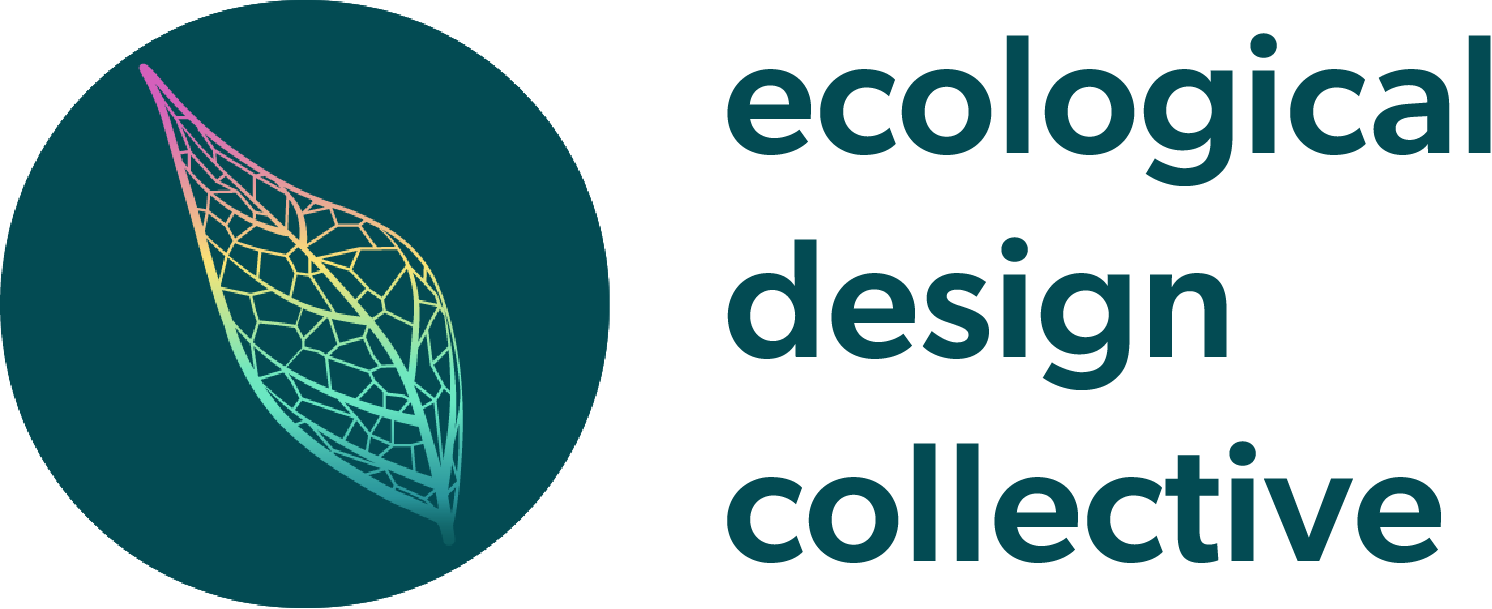-
“Degrowth” and intercommunalism, sharing, and caring
I just saw the book post/suggestion about Kohei Saito’s new book, and since my thoughts here are neither about having read the book or suggesting to read it, I wanted to start a different discussion motivated by that, but not necessarily about it.
Points of interest to discuss, mainly political anthropology and collectivist theory, but also more:
– degrowth/growth narratives (or metaphors)
– Intercommunalist theory (Huey P. Newton, Black Panther Party), not nation-state Internationalism that marginalizes ethnic minorities and Indigenous rights
– Haudenosaunee Confederacy sources to anthropology and Marx/Engels, as well as other Indigenous knowledges and citations obscured
– science communications of climate change for the layperson or public through art and metaphors, and multidisciplinary and multimedia forms of Intercommunalism: art collectives like the documenta 15 “lumbung” (rice barn)
"We want to create a globally oriented, cooperative, interdisciplinary art and culture platform that will remain effective beyond the 100 days of documenta fifteen. Our curatorial approach aims at a different kind of collaborative model of resource use—economically, but also in terms of ideas, knowledge, programs, and innovation." - https://universes.art/en/documenta/2022/short-concept
– EDC being locally sited in Baltimore, but also doing this global or hyperlocal virtual outreach, like an Intercommunalist lumbung
– international systems of “representation” and governance according to nation-states needing to be overhauled in globalization and climate action
– the impossibility to explain political theories outside of nation-state frameworks in contemporary academia, aside from anthropology and archaeology (when all my arguments stem from Pacific and Southeast Asian and Indigenous polities, and I have to spend half of an article word count laying out definitions and cases that are considered tangential and cut in revisions, and then my argument falls apart…)
Log in to reply.

